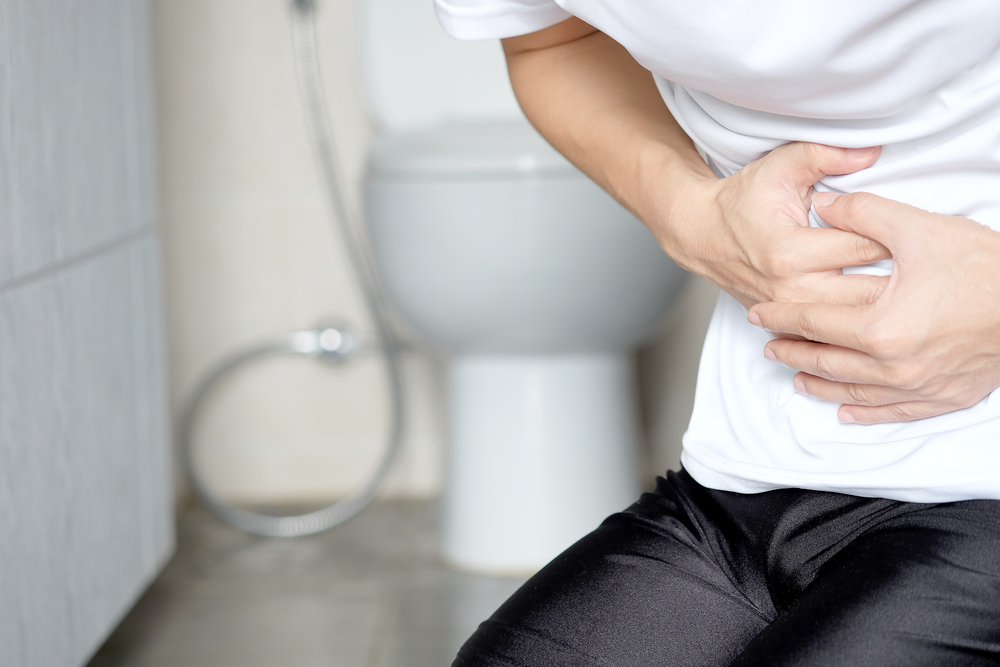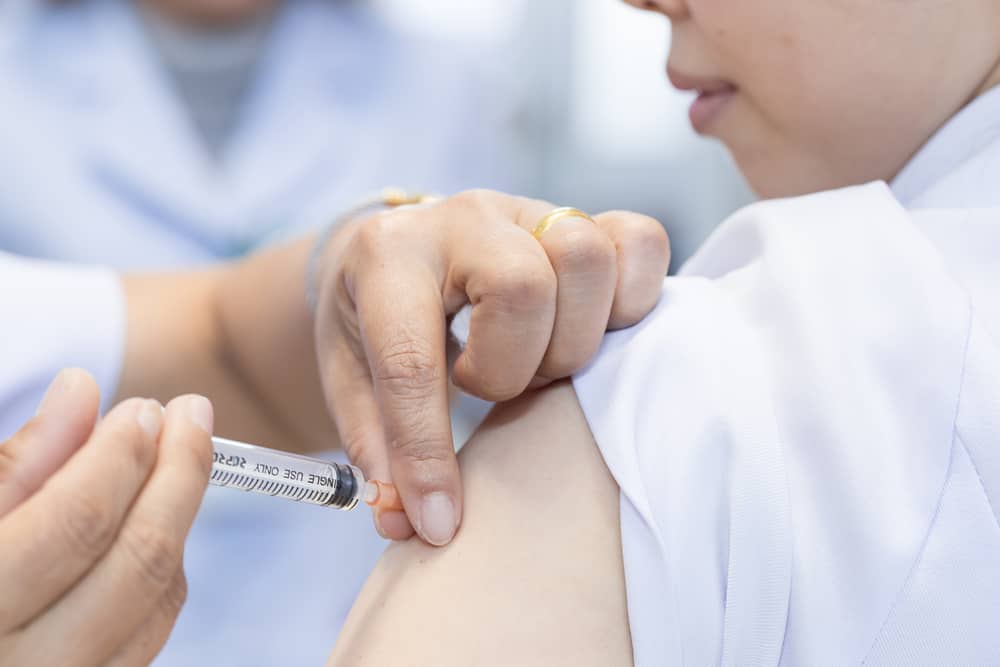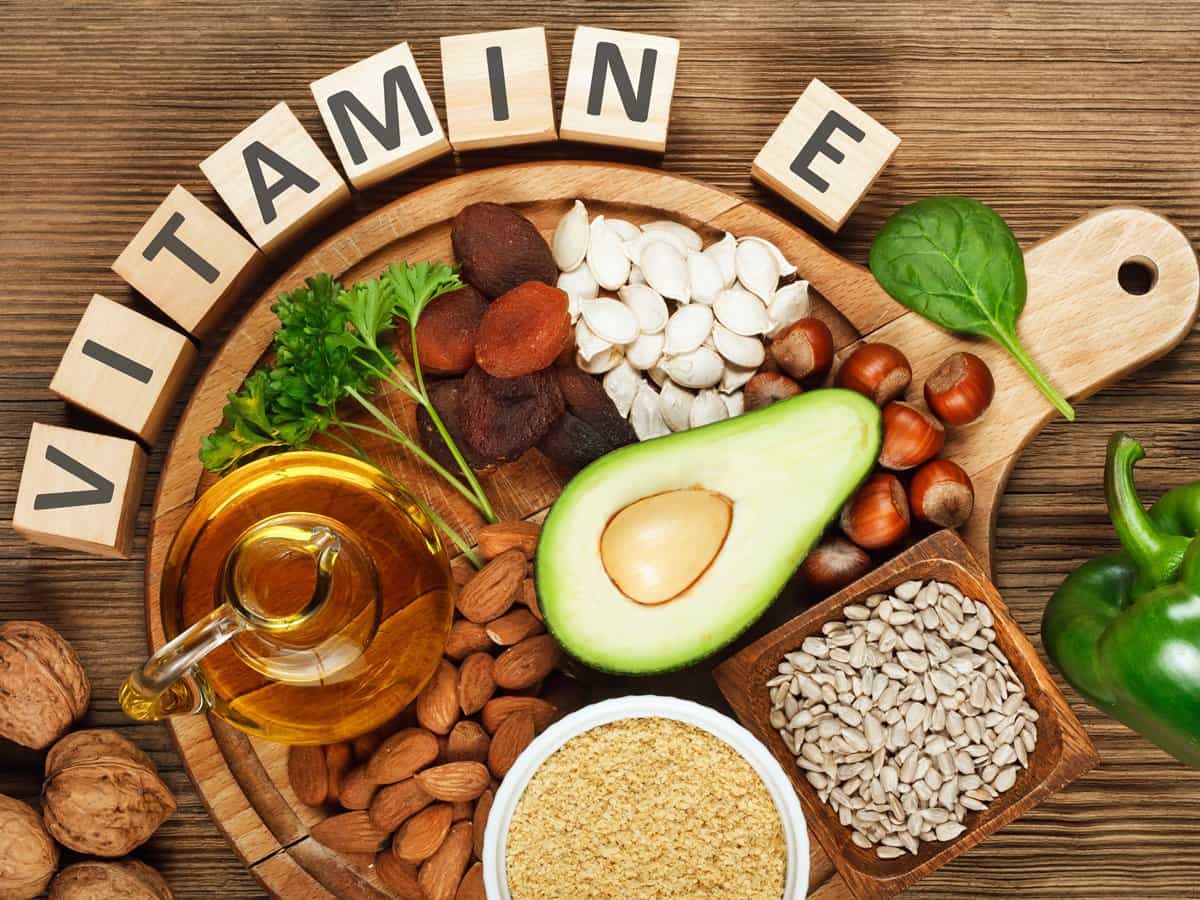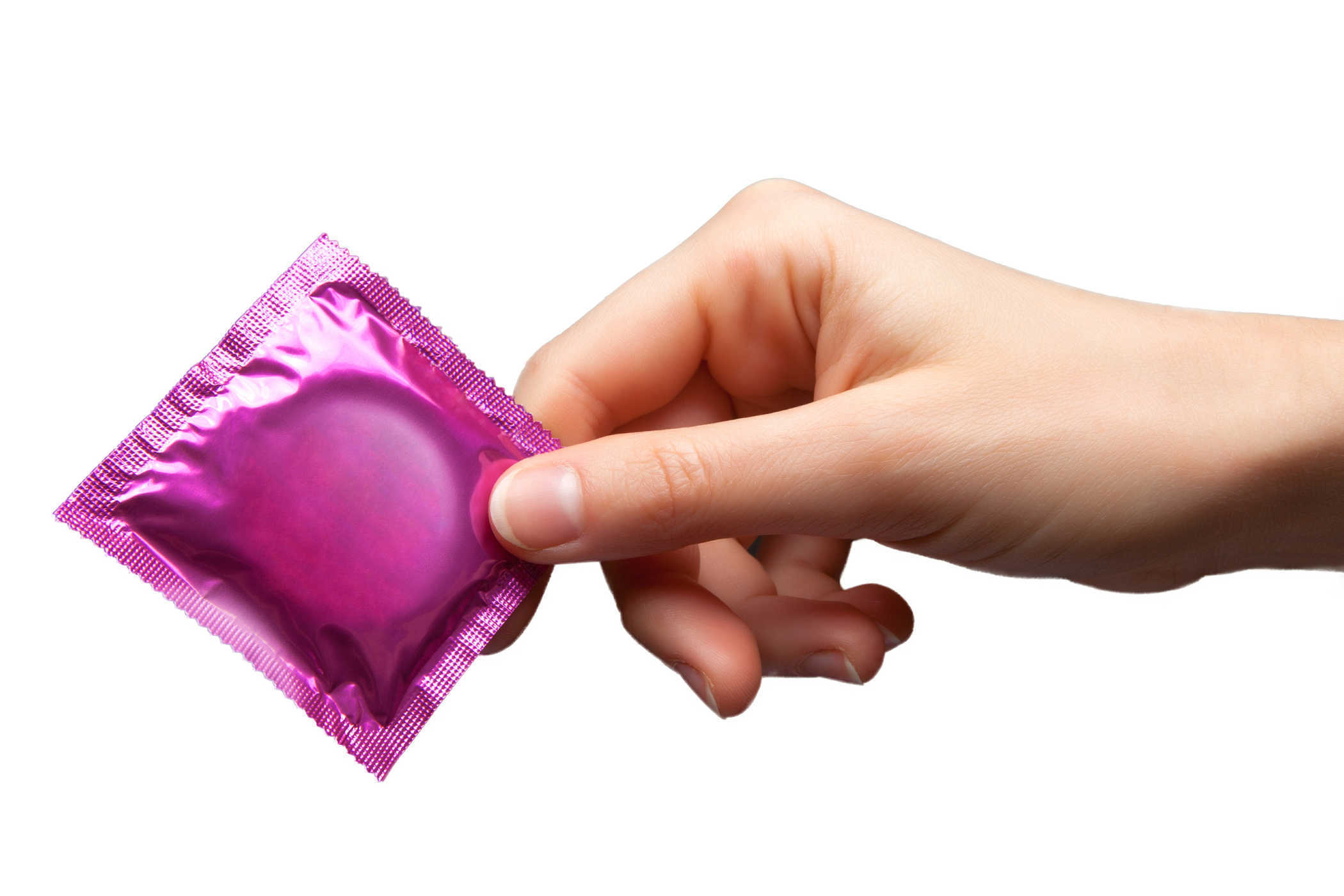Contents:
- Medical Video: Side effects of eating chicken you need to beware of
- What is protein poisoning?
- The cause of excess protein
- What is the recommended daily protein intake?
- How do you deal with protein poisoning?
Medical Video: Side effects of eating chicken you need to beware of
Protein is one of three types of macro nutrients that are useful for optimally performing bodily functions. However, if excess protein, especially without fat or carbohydrate intake, this can actually harm the body. Too much protein can turn into toxins in the body, especially for people who are on a high-protein diet that needs special supervision. Then what's the danger? Learn more about protein poisoning below.
What is protein poisoning?
Protein poisoning is a condition in which the body has excess protein, but there is not enough fat and carbohydrates for a long time. This condition is also called "rabbit starvation" or mal de caribou.
This term began when explorers from America had to survive only by eating lean meat like rabbit meat. Even though getting enough calories from protein, the body still suffers from malnutrition, especially fat and carbohydrates. As a result, nutritional needs become unbalanced.
Proteins consist of amino acids that will be metabolized by the liver and kidneys. The process of protein metabolism is the process of breaking down proteins that are used to replace proteins in the body.When the protein is excessive, the body will experience elevated levels of ammonia, urea, and amino acids which then become poisons in the blood. Although classified as rare, this protein poisoning can be fatal.
The cause of excess protein
The signs and symptoms of your body experiencing excess protein are as follows:
- Nausea
- Headache
- Mood swings
- Fatigue
- Low blood pressure
- Starvation and cravings various foods
- Diarrhea
- Heart rate slows down
- Dehydration
These symptoms will subside when you reduce the protein content in food and replace it with fat or carbohydrate intake. However, if it continues to be left for weeks, protein poisoning can be life threatening.
In order to function optimally, the body needs macro and micro nutrients. Macro nutrition is a nutrient that produces calories in the body, namely protein, carbohydrates and fat. While micronutrients are nutrients needed by the body but will not supply calories, namely vitamins and minerals.
If the two components are too little or too much, the body functions will be disrupted. Even though the body gets enough calorie intake from just one type of macro nutrient, the body still needs other nutrients so that bodily functions run in balance.
Excess protein is defined as protein intake which is more than 35 percent of total calories or equal to 175 grams of protein for every 2,000 calories. This figure is included in the distribution of acceptable macro nutrients (AMDR), which is a reference to the body's nutritional needs that are used to reduce the risk of chronic illness.
Protein intake that exceeds this number (more than 35 percent of calories) will not provide the same benefits to the body, it causes protein poisoning. However, this also depends on height and weight, level of physical activity, and a person's health condition.
What is the recommended daily protein intake?
Protein requirements per day for each person is certainly different. This is adjusted for your weight and height, age, health condition, and physical activity every day. However, simple daily protein requirements are in the range 0.8-1 gram per kilogram (kg) of body weight. So, if you weigh 60 kg, your daily protein needs are around 48-60 grams.
According to the Nutrition Adequacy Rate recommended by the Ministry of Health, adult women with normal nutritional status need 56-59 grams of protein per day. While adult men with normal nutritional status need 62-66 grams of protein a day.
To find out exactly how much your protein needs a day, consult directly with a doctor or nutritionist. Meanwhile, to ensure the child's protein needs, discuss with your pediatrician or child nutritionist.
How do you deal with protein poisoning?
In principle, protein poisoning occurs because the body has excess protein and at the same time lacks fat and carbohydrates. Therefore, kreduce protein intake by no more than 2 grams per kilogram of body weight and add fat and carbohydrate intake from your diet. Thus, you can treat protein poisoning in the body while increasing fiber requirements.
For those of you who are running a high-protein diet, actually do not need to worry. Most high-protein diets such as the Atkins, ketogenic, and paleo diets both encourage high fat intake and some carbohydrate intake. This does not allow for protein poisoning because there is already an intake of fat and carbohydrates. However, because of the many diets that offer high protein, this remains a matter of concern.
So, you are strongly discouraged from removing fat and carbohydrates in your diet to favor protein. Therefore, find a diet that suits your body's condition by consulting your doctor or nutritionist first.












